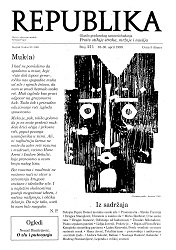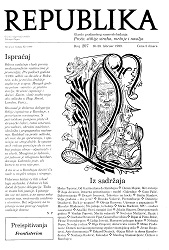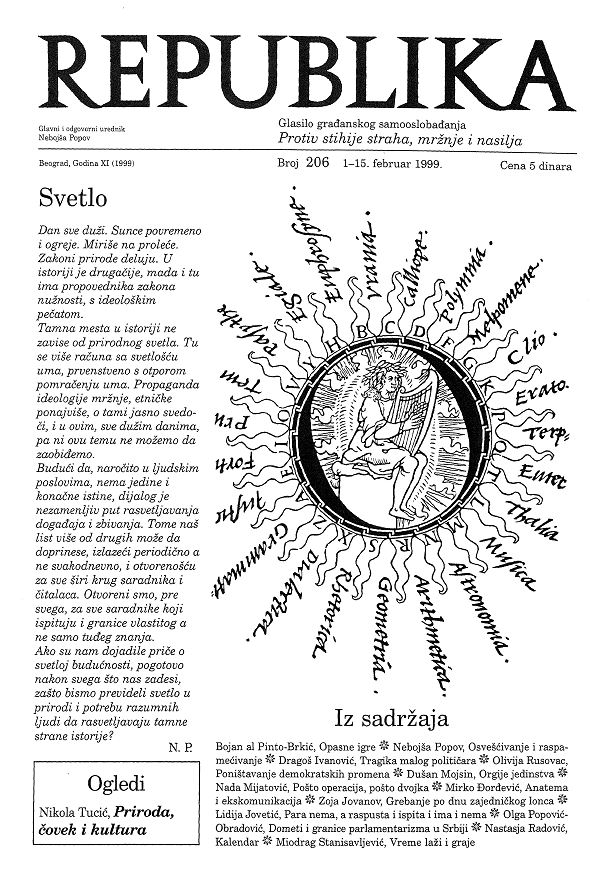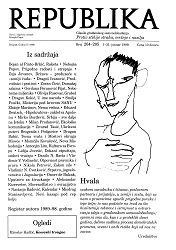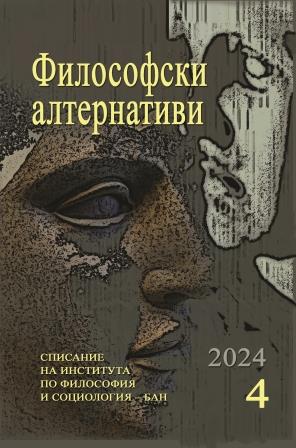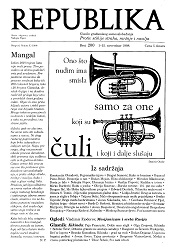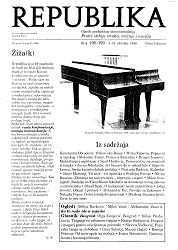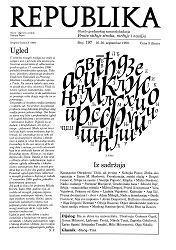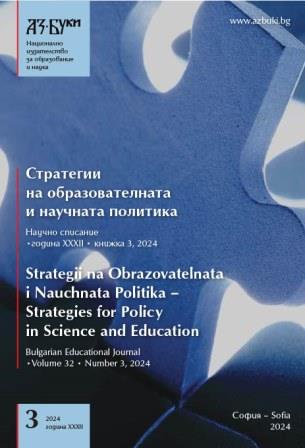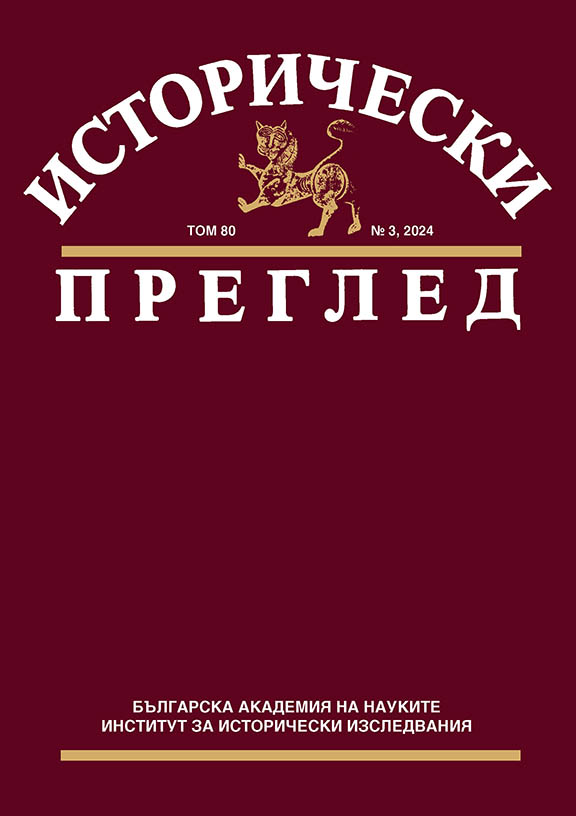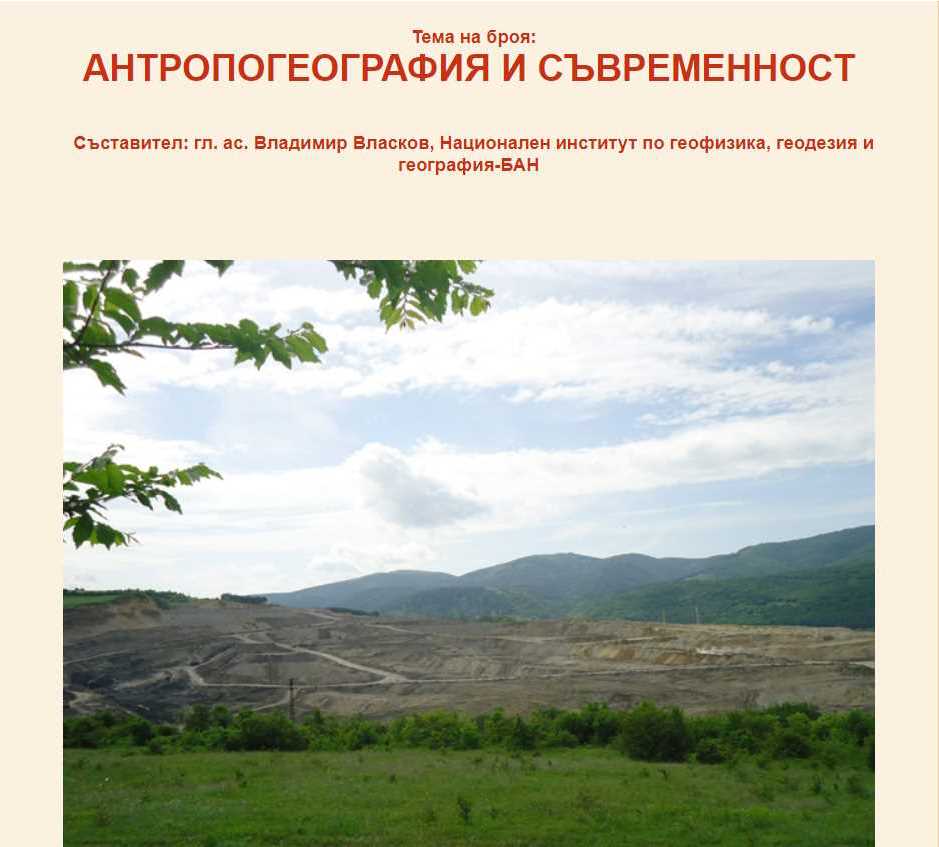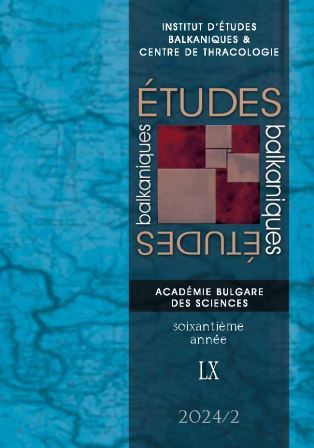
BALKAN CULTURAL STUDIES PUBLISHED IN ÉTUDES BALKANIQUES (2014 – 2023)
The text summarizes a corpus of articles in the field of Balkan Cultural Studies published in the journal Études balkaniques during the period 2014 – 2023. In view of the plethora of topics and methodological approaches, the review is structured in three main categories covering the following areas: Literature and Cultural Relations, Theatre and Cinema, Visual Culture. The text outlines the general tendencies and contributions observed in the above-mentioned publications.
More...
